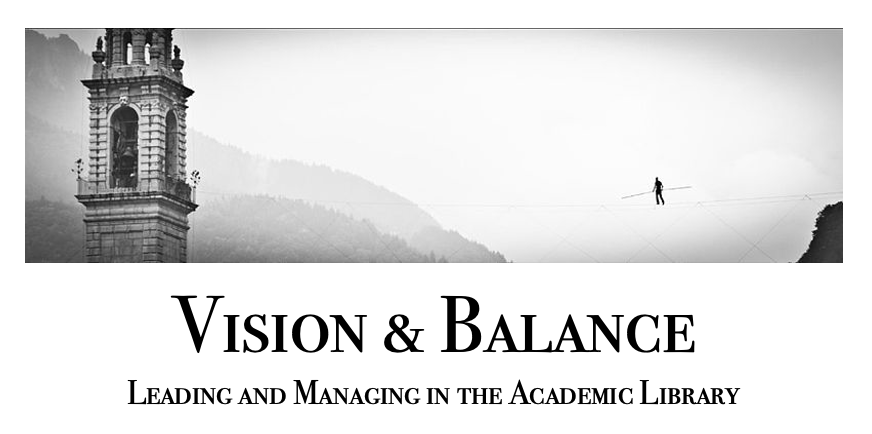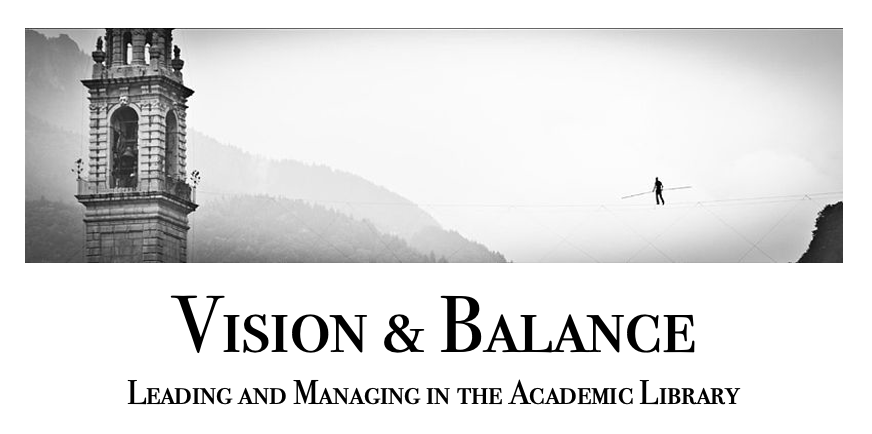Defaulting to Transparency
Don’t keep information indoors unless you’re confident you can clearly and convincingly answer the question “Why couldn’t that information have been shared?”.

One of the biggest challenges for a library leader is trying to figure out when to be transparent, and how transparent to be.
Sometimes, of course, it’s an easy call. Confidential personnel issues, preliminary information about upcoming university changes, non-public financial data, etc., usually come in a context that makes clear the information is privileged or confidential. But sometimes it’s more of a judgment call: a department manager is planning to retire with relatively short notice and wants to keep the information quiet, but you need to plan for his succession; you’re going to have to make some budget reallocations and don’t want to cause an organization-wide panic; a person is being disciplined and there are some people who need to know and others who don’t. In situations like these, it won’t always be 100% clear whether and when you need to err on the side of openness or of confidentiality.
While I can’t offer a conceptual tool or rubric that will always lead you to the right answer for every situation, I can offer a general rule of thumb that I’ve found to work very well:
Default to openness and transparency.
In other words, whenever you can share information openly with your organization, do so. Err on the side of openness. Tell people more than you think they need to know. Don’t keep information indoors unless you’re confident you can clearly and convincingly answer the question “Why couldn’t that information have been shared?”.
Err on the side of openness. Tell people more than you think they need to know.
There are a few reasons to do this:
- People really do need to know more than you might think they do. Remember that you don’t fully understand the work of the other people in your organization, including those who report up to you. (You may think you fully understand their work, but you don’t.)
- Whenever you show yourself to be an information sharer rather than an information hoarder, you gain trust. Then, when you have to keep information indoors later, people are more likely to give you the benefit of the doubt.
- Your library will run better when its employees are better informed.
Now again, I need to emphasize that defaulting to openness does not mean always telling everyone everything. It means deciding that you’ll share information unless there’s a good reason not to. In many cases, there will be good reasons to keep information indoors, either permanently or for a period of time or from certain people. But defaulting to openness means that your standard approach is to ask yourself “Why shouldn’t I share this information?” rather than “Why should I share it?”.
I can’t overstate the degree to which adopting this practice has helped me as a leader – and, more importantly, has helped the people I lead.
